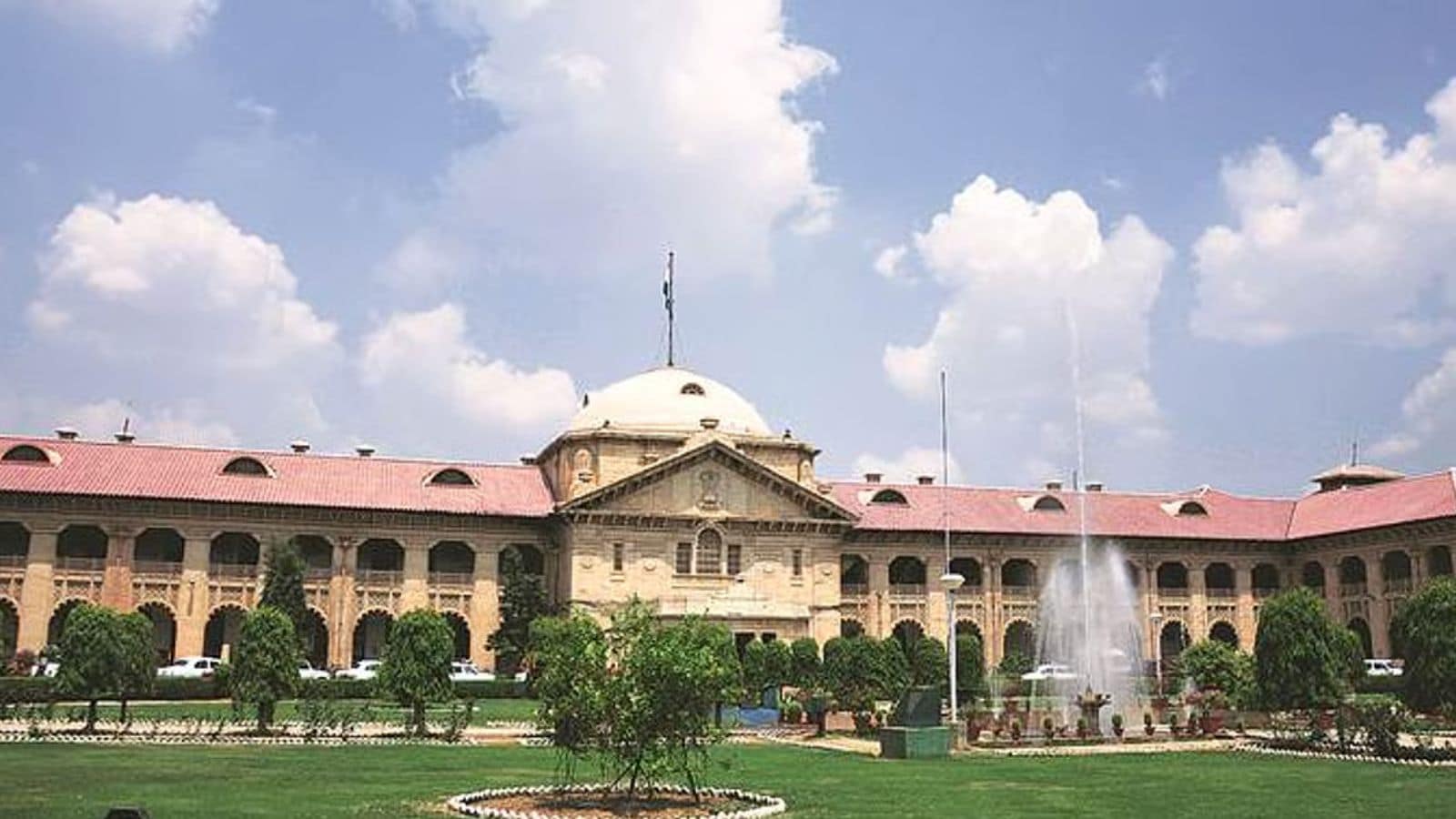Last Updated:
The Allahabad High Court directed the UP Home Department and the DGP to implement standard operating procedures to prohibit the disclosure of caste in all police documents.

Allahabad HC | Representative Image
The Allahabad High Court has directed the Uttar Pradesh Home Department and the DGP to implement standard operating procedures to prohibit the disclosure of caste in all police documents, with the exception of cases lodged under the Scheduled Castes and Scheduled Tribes (Prevention of Atrocities) Act, 1989.
Taking serious note of the police mentioning the caste of individuals, including the accused and witnesses, in the FIR, investigation documents and public records, Justice Vinod Diwakar disagreed with the police’s stand that identification of the accused based on caste helps them avoid any confusion.
Recommended Stories
“In the first quarter of the 21st century, the police still rely on caste as a means of identification. It’s unfortunate. This is particularly untenable when modern tools such as body cameras, mobile cameras, fingerprints, Aadhar cards, mobile numbers, and parental details are available,” the court observed.
In a detailed order, the court said that declaring the caste of an individual of an accused without legal relevance amounts to identity profiling that reinforces prejudice, violates fundamental rights and undermines constitutional morality.
Allahabad HC On Caste Identifiers
“They often reflect, reproduce, and sometimes intensify caste-based prejudices. It becomes necessary to deal with the cognitive behaviour of law enforcement officials in India when influenced by caste-ridden thought, combining insights from the conduct infused by social psychology, and behavioural patterns reflected in contemporary cases,” said Justice Diwakar.
The judge also disagreed with the DGP’s justification of caste disclosure, saying the official had little exposure to the complex realities of the Indian society and was detached from constitutional morality and professional policing. He also highlighted that law enforcement agencies are not immune from societal.
The court also pointed to the impact of social media in creating a “hyper-masculine” caste identity and historical revisionism, warning against the resurgence of caste identifiers in public and digital spaces that contradict India’s constitutional values.
He referred to people in several states who mark their vehicles and homes with caste identifiers, adding that the rise of digital platforms has also led to the romanticisation of caste aggression, rural masculinity and regressive honour codes. He called for stricter provisions under the IT Act, 2021 to prevent caste-glorifying content on social media.
The High Court called for amending the Central Motor Vehicle Rules (CMVR) to explicitly ban all caste-based slogans and identifiers on all private and public vehicles.
The court was hearing a petition filed by three individuals who were arrested on April 29, 2023, for allegedly smuggling illicit liquor in an SUV and operating a liquor trafficking gang in Etawah. It dismissed a petition by the accused to quash all legal proceedings against them, but took cognisance of the police mentioning their caste.
About the Author

Aveek Banerjee is a Senior Sub Editor at News18. Based in Noida with a Master’s in Global Studies, Aveek has more than three years of experience in digital media and news curation, specialising in international…Read More
Aveek Banerjee is a Senior Sub Editor at News18. Based in Noida with a Master’s in Global Studies, Aveek has more than three years of experience in digital media and news curation, specialising in international… Read More
Prayagraj, India, India
September 20, 2025, 20:38 IST
Loading comments…
Read More



